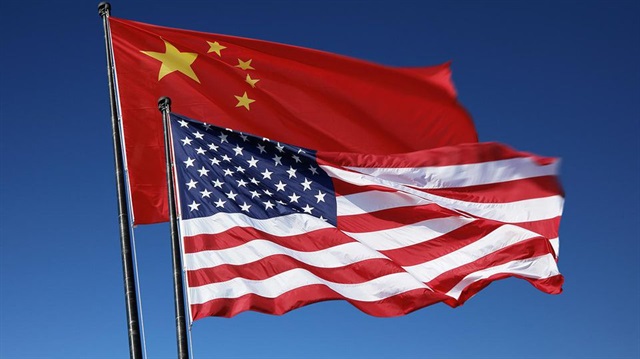
Wide-ranging goods to receive 10 percent tariffs include fish, rubber-based products, baseball gloves and fruits
The U.S. on Tuesday announced it is readying 10 percent tariffs on an additional $200 billion worth of Chinese goods as Washington and Beijing escalate their growing trade war.
U.S. Trade Representative Robert Lighthizer released the list of wide-ranging goods that could be penalized following a public hearing and comment period. The Chinese goods include meat, ornamental fresh and saltwater fish, a host of seafood including eel and bigeye tuna, burglar and fire alarms, fruits and vegetables, baseball gloves and rubber-based products.
Last Friday, the U.S. imposed 25 percent tariffs on $34 billion worth of Chinese goods to which China quickly retaliated with an equivalent amount of penalties on American goods.
Lighthizer called China's retaliatory levies "without any international legal basis or justification", stressing Washington took action to correct China's "abusive trading practices with regard to intellectual property and innovation".
"China has been engaging in industrial policy which has resulted in the transfer and theft of intellectual property and technology to the detriment of our economy and the future of our workers and businesses," he said in a statement.
President Donald Trump threatened China with escalating economic penalties last month if Beijing does not acquiesce to his demand to narrow the U.S.-China trade imbalance and halt other "unfair practices", threatening the additional $200 billion in tariffs announced Tuesday if China did not change course and change its trade practices.
The latest wave of tariffs will reportedly go into effect sometime after the end of August.
Lawmakers have increasingly voiced concern over Trump's protectionist economic policies, and Tuesday's actions drew quick concern on Capitol Hill.
Republican Senate Finance Committee Chairman Orrin Hatch said the announcement "appears reckless and is not a targeted approach".
"We cannot turn a blind eye to China’s mercantilist trade practices, but this action falls short of a strategy that will give the administration negotiating leverage with China while maintaining the long-term health and prosperity of the American economy," he said in a statement.








